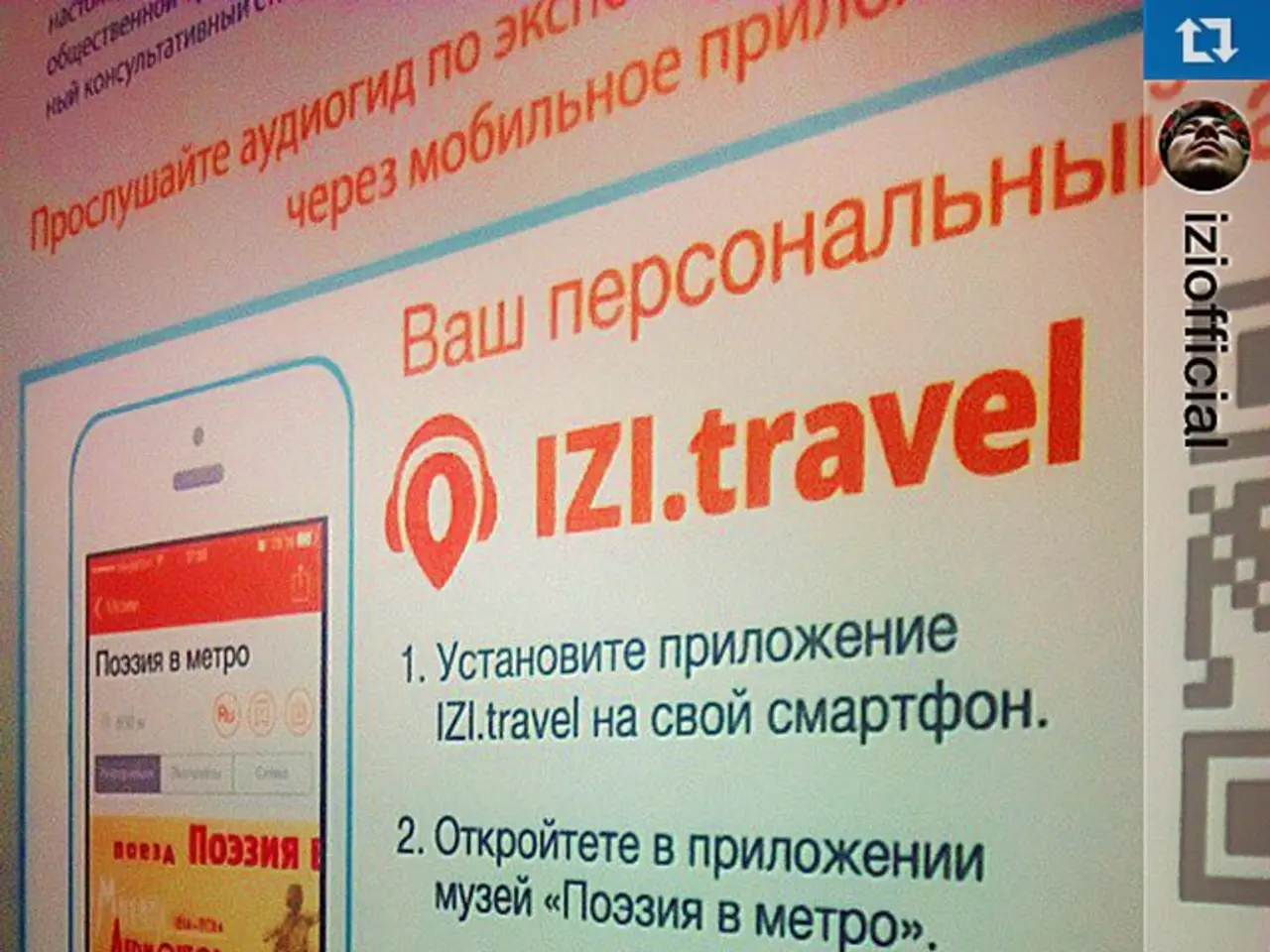Steer clear of such deceptions.
In the digital age, vacationers are increasingly falling victim to WhatsApp scams that exploit stolen booking data. These insidious schemes, orchestrated by cybercriminals, mimic official communications with convincing accuracy, making them difficult to question.
To safeguard themselves, travellers can employ several key strategies. First and foremost, never share WhatsApp verification codes with anyone. Scammers often attempt to hijack accounts by requesting these codes during the login process. Sharing this sensitive information allows scammers to take over your account and misuse it.
Be cautious of any messages requesting personal or payment details. Legitimate accommodation providers or booking platforms like Booking.com will never ask you to share such information via WhatsApp, email, or text messages. Avoid booking outside trusted platforms, as scammers may use stolen booking data to impersonate hotels or rental services in WhatsApp messages.
If you receive unexpected WhatsApp messages referencing your booking details, verify the identity by calling the official contact numbers from your confirmed booking documents or official websites. Do not trust unsolicited messages that pressure you to act quickly or provide more details.
Monitor social media and limit oversharing to reduce exposure to scams. Scammers use travel details shared on social media to target victims. Delay posting travel plans and avoid sharing booking confirmations publicly.
In the event of suspicious activity, report it promptly to your booking platform, hotel, payment provider, and relevant fraud authorities to mitigate damage and prevent further incidents.
IT security expert Christian Lueg of Eset warns against clicking on links in WhatsApp or SMS messages from alleged hotels. He emphasises the importance of staying calm when receiving suspicious messages, as no one should share credit card data outside secure systems.
Lueg advises communicating only through official channels for bookings, such as the booking platform, and to be wary of messages outside these channels, including emails, SMS, and even phone calls, as they may be attempts at scams.
WhatsApp is increasingly used by scammers for various fraudulent activities, including the grandparent scam, where they pose as family members to obtain money. A recent incident involved a WhatsApp user losing almost 200,000 euros due to a scam.
By maintaining vigilance, verifying identities, securing your communication channels, and strictly controlling your personal information, vacationers can significantly reduce the risk of falling victim to WhatsApp scams exploiting stolen booking data.
When booking accommodations, avoid providing personal or payment details via WhatsApp, as legitimate providers will never ask for such information. Be cautious of unexpected WhatsApp messages referencing booking details and verify the identity of the sender before responding or sharing any information.




